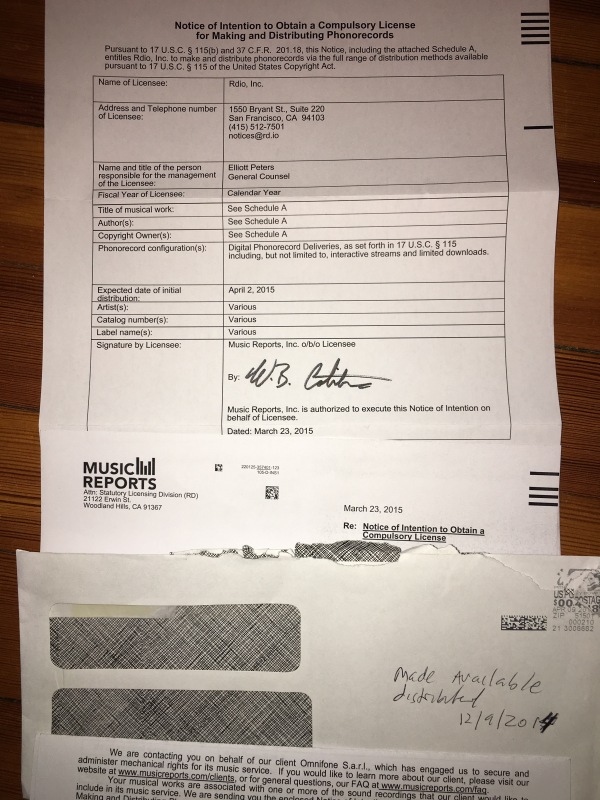Ask Before You Play: Tidal, Deezer, Google Play, Microsoft, Rdio, Others Sued Over Copyright Infringement
TIDAL has been in the news lately in the wake of a lawsuit regarding the service's alleged failure to obtain legal permission to stream its songs, but the company is hardly unique in this respect, with similar suits appearing against Google Play, Deezer, Rdio, Microsoft and indicating a broader problem.
_____________________________________
Guest Post by David Lowery on The Trichordist
You’ve probably by now heard that Yesh Music LLC and John Emanuele have sued Tidal for Copyright infringement. It is alleged that Tidal did not obtain the required licenses to stream the songs. The facts in the case are similar to class actions filed against another streaming service (ahem).
Now there is a sort of salaciousness to a lawsuit against Jay Z’s artist friendly streaming service Tidal, thus this story has got a lot of play. What is going unreported is that Yesh Music LLC and the same law firm have also filed similar suits against Google Play, Slacker, Deezer,Rdio, Beats, and Microsoft. Some of these have since been settled out of court. But it’s clear what is happening here: streaming services are using songs first and then going back and trying to exercise a compulsory license later.
ALL OF THEM.
The law is absolutely clear on this matter. You can not go back and try to obtain a compulsory license once you have already made songs available.
At the heart of all these lawsuits are deficient “Notices of Intent” like this one sent by Music Reports on behalf of Rdio. I received this notice via the US postal service. It is a highly misleading letter that purports to be a valid notice to execute a compulsory streaming license a full 4 months after the service made the song available! I have dozens of these deficient notices. I’m not an attorney but the relevant section of the copyright act is incredibly clear on this matter: Rdio no longer has the right to license the song in this manner. Music Reports are in the business of licensing music for streaming services. Surely they understand the law? They reference the relevant section of the copyright act at the top of the letter! How many thousands of these notices have they sent out via the US Postal Service to songwriters all across the United States?
